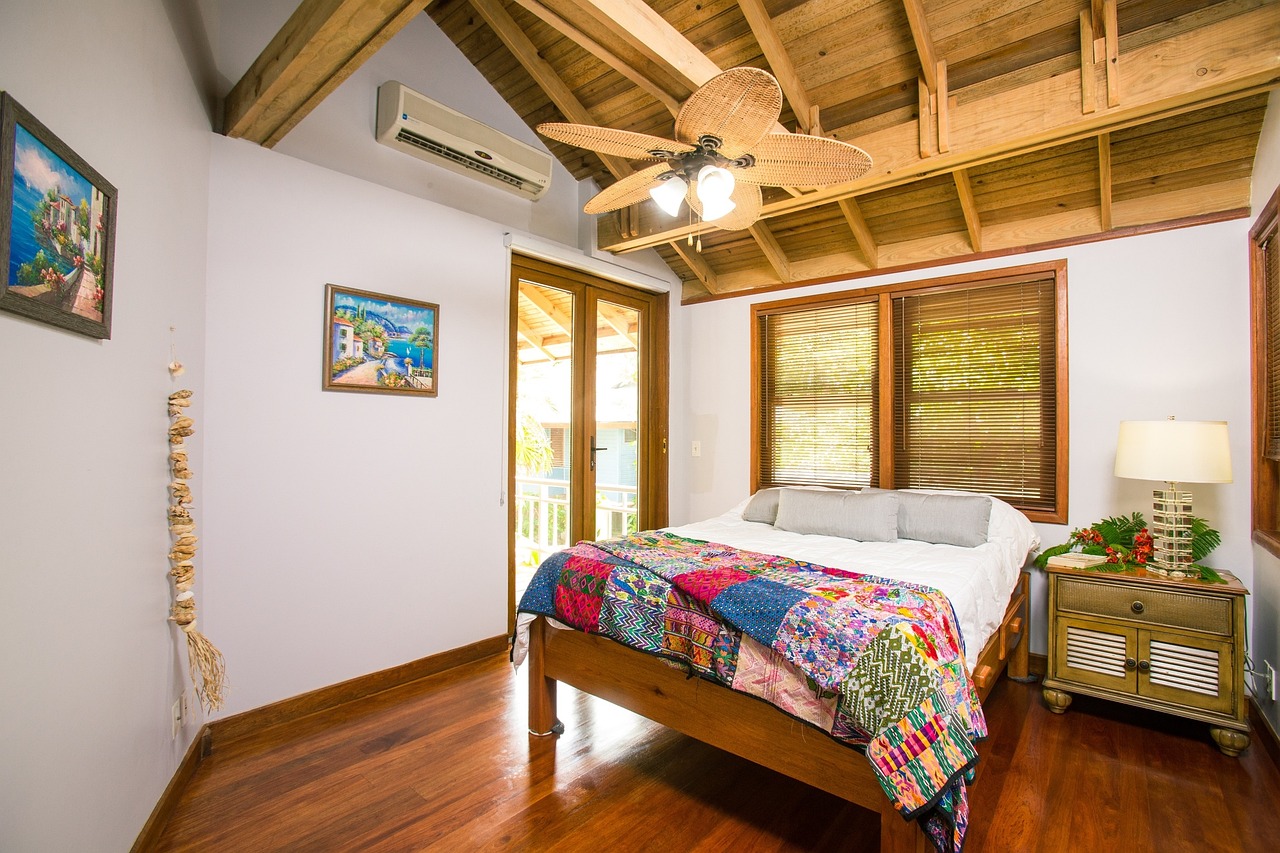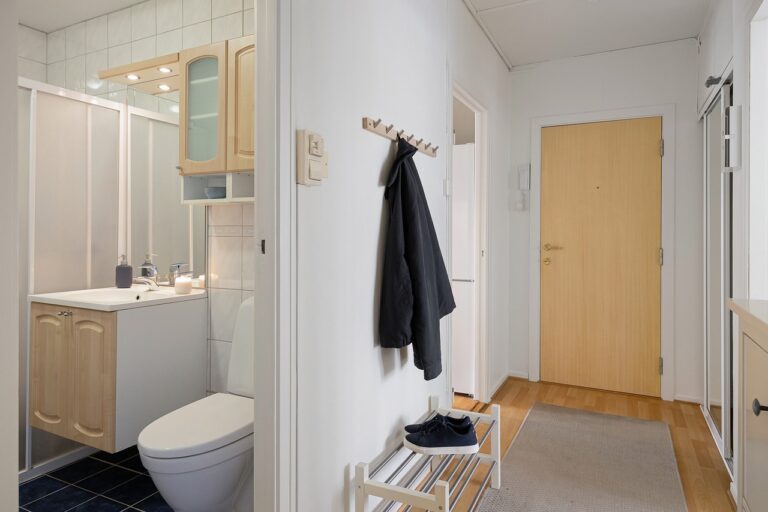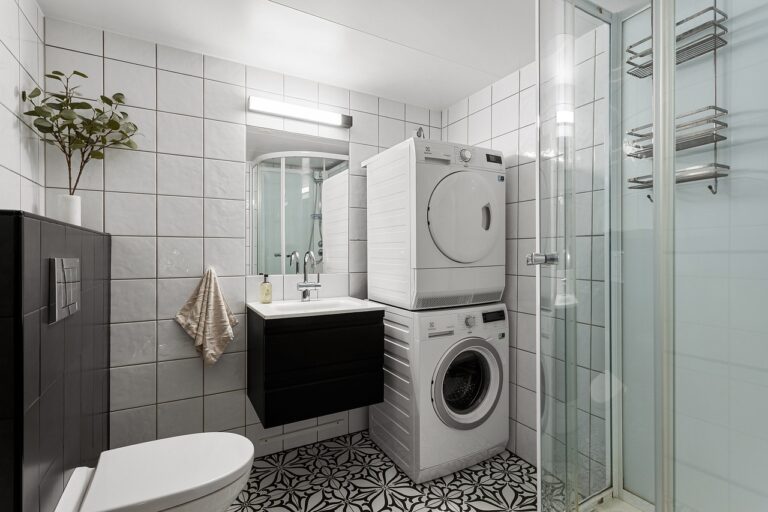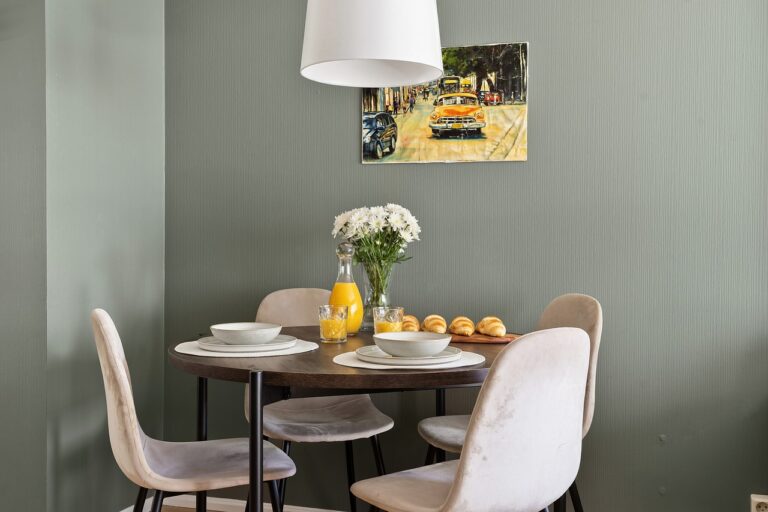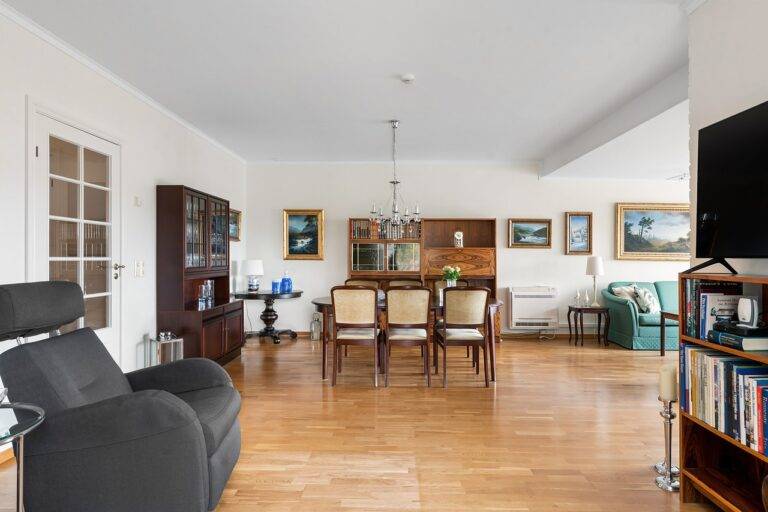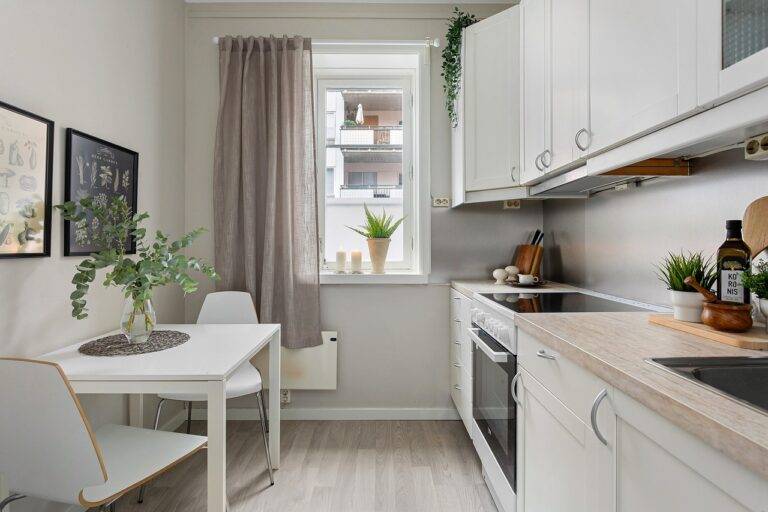Incorporating Smart Home Technology into Historic Properties
Smart home technology has revolutionized the way we live, offering convenience, efficiency, and security to homeowners around the world. However, for owners of historic properties, incorporating smart technology can present unique challenges. Balancing the preservation of the property’s historical character with the desire for modern amenities can be a delicate task, but with careful planning and thoughtful execution, it is possible to seamlessly integrate smart home technology into historic homes.
Challenges of
Historic properties often come with architectural and structural limitations that can make the installation of smart home technology more challenging. The age of the property, the materials used in its construction, and the layout of the home can all impact the feasibility of incorporating modern technology. Additionally, historic properties are often subject to preservation regulations that limit the alterations that can be made to the property.
Strategies for Integrating Smart Home Technology
Despite these challenges, there are several strategies that can help homeowners successfully integrate smart home technology into historic properties. One approach is to focus on discreet, hidden installations that minimize the impact on the property’s historical integrity. For example, installing smart light bulbs that can be controlled via a smartphone app can provide modern convenience without altering the appearance of historic light fixtures.
Another strategy is to work with a contractor or designer who specializes in historic renovations. These professionals will have experience working with older properties and can offer solutions that are both technologically advanced and sympathetic to the property’s historical character. By collaborating with experts, homeowners can ensure that smart technology is seamlessly integrated into their historic homes.
Popular Smart Home Technologies for Historic Properties
There are a wide variety of smart home technologies available that can enhance the convenience, security, and efficiency of historic properties. Some popular options include:
1. Smart Thermostats
Smart thermostats can help homeowners maintain a comfortable temperature in their historic homes while also reducing energy costs. These devices can be programmed to adjust the temperature based on the homeowner’s schedule and can be controlled remotely via a smartphone app.
2. Smart Lighting
Smart lighting systems allow homeowners to control the lights in their historic properties with ease. These systems can be programmed to turn lights on and off at specified times, and some can even be set to respond to motion sensors or voice commands.
3. Smart Security Systems
Security is a top concern for many homeowners, especially those living in historic properties. Smart security systems offer advanced features such as motion sensors, video surveillance, and remote monitoring, giving homeowners peace of mind that their property is protected.
Benefits of Incorporating Smart Home Technology
There are numerous benefits to incorporating smart home technology into historic properties. In addition to the convenience and security features mentioned above, smart technology can also increase the property’s value and appeal to potential buyers. By investing in modern amenities, homeowners can attract a wider audience and potentially command a higher selling price.
FAQs
Q: Will incorporating smart home technology detract from the historical character of my property?
A: Not necessarily. By working with professionals who understand the unique challenges of historic properties, you can integrate smart technology in a way that complements the property’s historical character.
Q: Are there any restrictions on installing smart home technology in historic properties?
A: Depending on the regulations in your area, there may be restrictions on the types of alterations that can be made to historic properties. It’s important to check with local preservation authorities before making any changes.
Q: How can I ensure that the smart technology I install is compatible with my historic property?
A: Consult with a professional who specializes in historic renovations to ensure that the smart technology you choose is compatible with your property’s unique features and limitations.
Q: Will incorporating smart home technology increase the value of my historic property?
A: While there is no guarantee that installing smart technology will increase the value of your property, it can certainly make your home more attractive to potential buyers and may help you command a higher selling price.
Q: What are some other smart home technologies that are well-suited for historic properties?
A: In addition to the technologies mentioned above, smart irrigation systems, smart door locks, and smart appliances can all enhance the convenience and efficiency of historic properties.
Q: How can I get started with incorporating smart home technology into my historic property?
A: Begin by researching the options available and consulting with professionals who specialize in historic renovations. They can help you develop a plan that meets your needs while preserving the unique character of your property.

